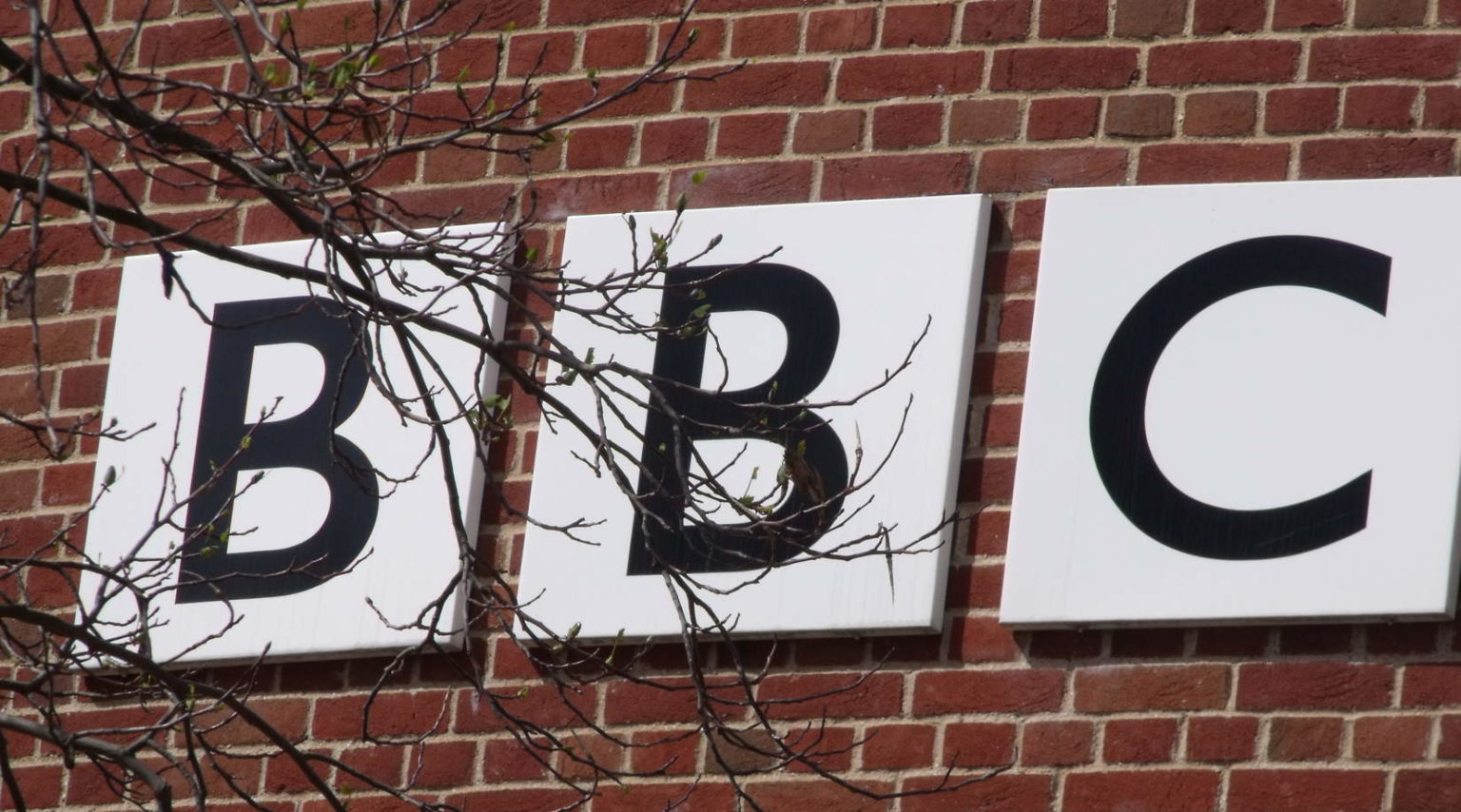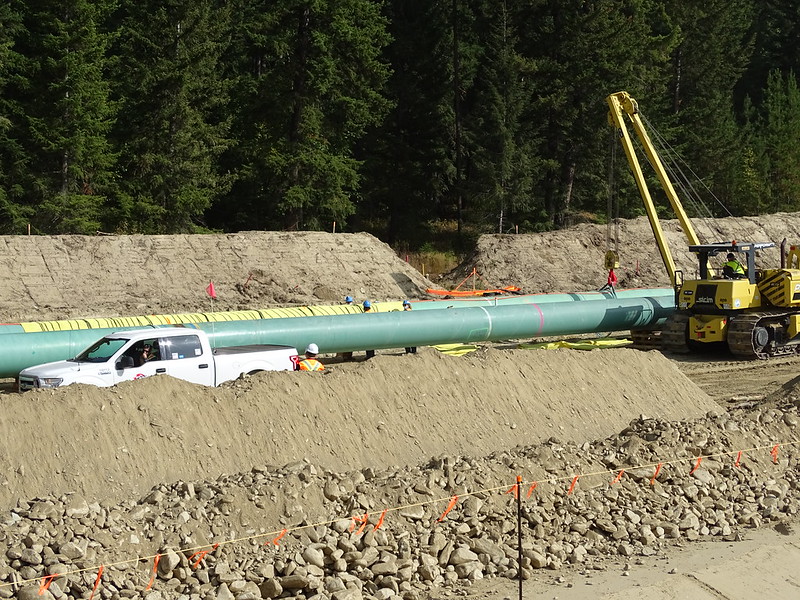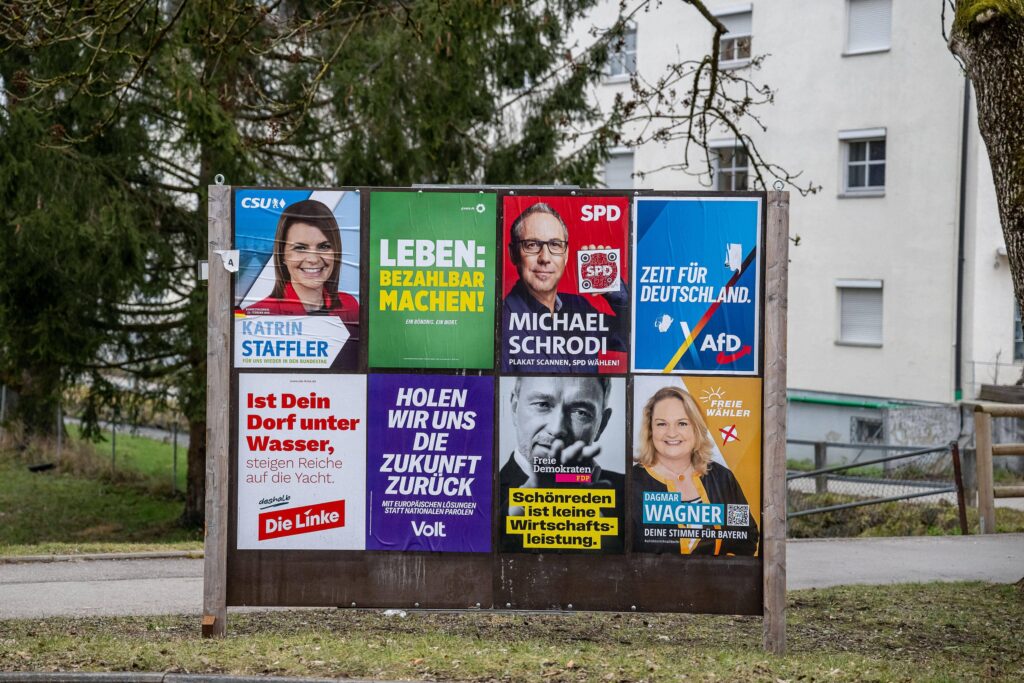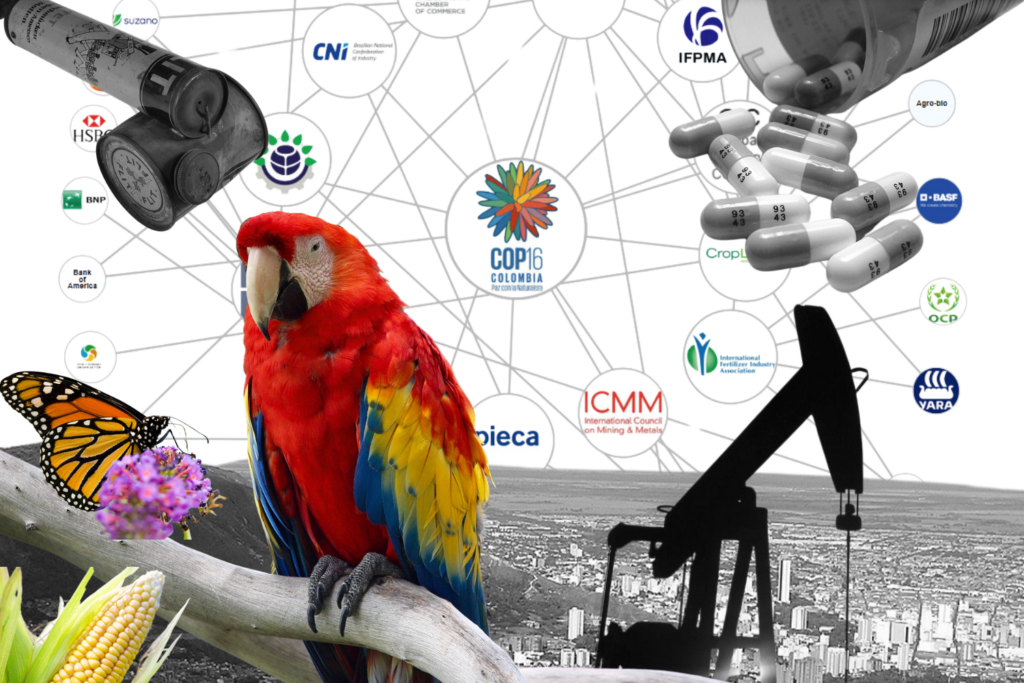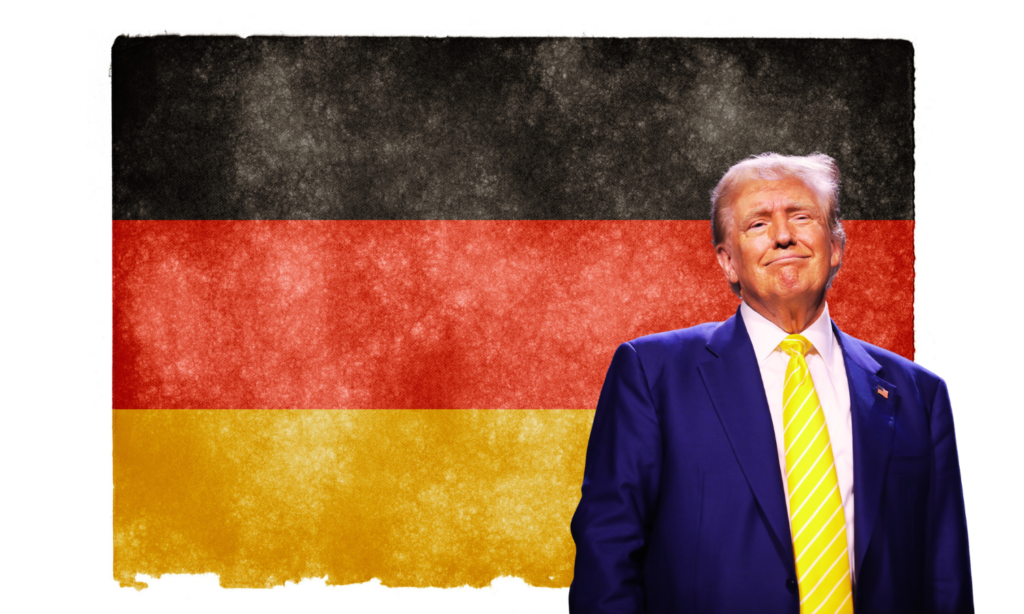It was all a bit retro… A BBC radio presenter, looking out the window and seeing it’s (still) hot, and leaning into his microphone to ask “does this mean climate change is real?”
Do not adjust your wireless. This really is the opening question on a segment about climate change. In 2018.
BBC Radio Cambridgeshire’s decision to have climate science denier and UKIP supporter Philip Foster on to debate a (non-climate) scientist about whether or not humans have caused climate change immediately drew much ire.
Foster completed an undergraduate degree in Natural Science at the University of Cambridge before teaching secondary and sixth-form schoolchildren in Nigeria. In 2015, Foster organised anti-climate action events to coincide with the landmark Paris climate conference, at which high-profile climate science deniers including Christopher Monckton appeared.
The furore was largely down to Rupert Read, a philosopher at UEA and former Green party candidate for Cambridge, who is now chair of the Green House thinktank, tweeting that he’d been asked to go on but “said NO” after he was told the show’s plan.
BBC Radio wanted to have me on today to debate a climate-denier in the context of the drought/heatwave.
I said NO.
I told them it was a disgrace that they still give climate-deniers airtime at a time like this.
I won’t be part of such charades any longer.
Please RT if you agree.— Rupert Read (@GreenRupertRead) July 31, 2018
“When it was described to me what it was going to be – just a straight back and forth debate between myself and a climate science denier – I thought this was time to say ‘no’”, he told DeSmog UK.
“And when they told me they were going to say ‘we’ve got this heatwave, does that mean climate change is real?’, I thought ‘no, this is not acceptable’”.
“If people start doing what i’m doing and start saying no to them if they’re going to have a climate science denier on to debate, then the BBC will have to start thinking about whether they can do this.”
It’s not the first time that the BBC has been in trouble for offering ‘false balance’ – when two sides of a debate are unreasonably given equal weight – for example, when the reality of human-caused climate change is presented as a controversy despite the overwhelming weight of evidence.
In October 2017, the BBC’s Today programme was forced to apologise and admit statements from climate science denier Nigel Lawson “should have been challenged”.
In 2011, Professor Steve Jones wrote a review for the BBC that criticised the network for allowing “an adversarial attitude to science which allows minority, or even contrarian, views an undue place”. It concluded that, “there should be no attempt to give equal weight to opinion and to evidence”.
Dr Emily Shuckburgh, a climate scientist based in Cambridge at the British Antarctic Survey, who pre-recorded a segment for the programme, told DeSmog UK that she felt the programme had “tried but failed” to explore how the recent heatwave related to climate change.
“The main problem is that it wasn’t properly explained what the scientific credentials of the participants were, and when incorrect statements were made they weren’t challenged, which is a dereliction of the BBC’s journalistic duty”.
“I think it’s fine for them to have debates, and invite on whoever they want, but it has to be properly explained who is on. And when basic facts are misrepresented, that they are properly challenged”.
Read’s sentiment has certainly struck a chord.
“The reaction I’ve had to this on social media has been far more positive than to any other cause I’ve ever championed”.
“I hope other people will take up this cause and say we’re just not going to play along with your games anymore, you’ve got to make more of a step-change towards the kind of debate we really need to be having.”
A BBC spokesperson told DeSmog UK:
“The Chris Mann show is a topical debate show. The majority of time was filled by expert scientist contributors. There was a much shorter contribution from Phillip Foster whose views were rigorously challenged in line with our guidelines.”
Image credit: Elliot Brown/Flickr CC BY 2.0. Updated 02/08/2017: A quote from the BBC was added. ‘Phil Jones’ was corrected to ‘Steve Jones’. Updated 06/08/2018: The date on which Foster organised events around the Paris conference was corrected to read ‘In 2015’.
Subscribe to our newsletter
Stay up to date with DeSmog news and alerts


